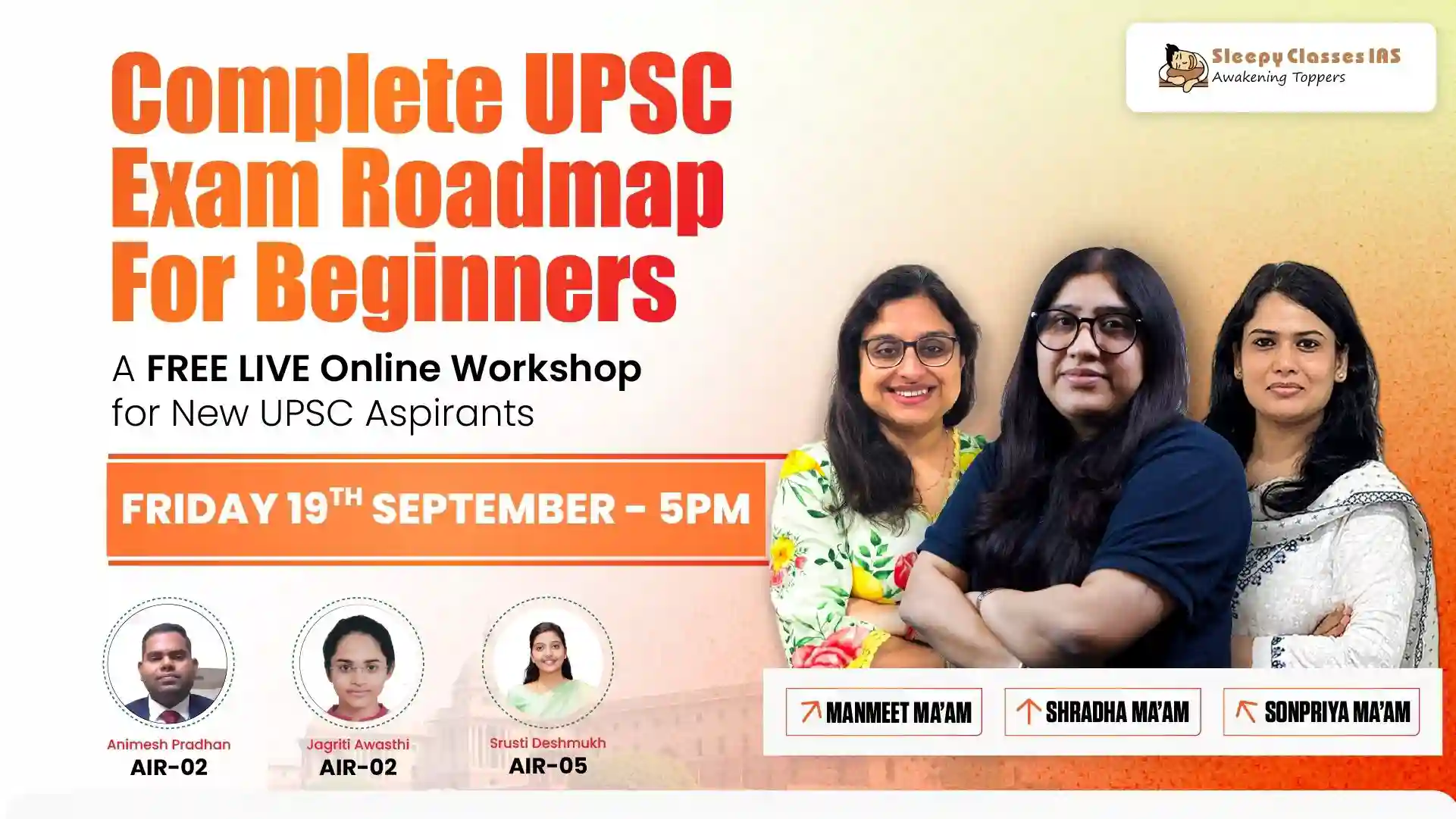
Hello friends, and welcome to this very important Blog. One thing I have repeatedly emphasized to students is that preparation is not just about learning content but also about converting that content into answers. This Blog is crucial for those preparing for Mains 2024 and targeting UPSC 2025 with PSIR optional. The sooner you understand this, the clearer your preparation will be. Even straightforward questions require you to add something extra, which comes from a lot of practice. A teacher can provide material, but utilizing and understanding it to convert it into answers requires continuous practice with the help of your mentors. This is something students must imbibe as a rule in their daily routine.
Key Takeaways
- Preparation is not just about learning content but converting it into answers.
- Continuous practice and understanding of material are crucial.
- Answer writing practice sharpens your ability to analyze on the spot.
- Comparing thinkers and theories is essential for UPSC Mains.
The Importance of Answer Writing Practice
When preparing for UPSC Mains, especially with PSIR optional, it’s essential to focus on how to convert the content you learn into answers. This is why answer writing practice is crucial. It sharpens your ability to analyze on the spot. No matter how much you try to memorize, the ability to apply concepts will serve you much better than rote memorization. This difference is what brings students closer to achieving their UPSC dream.
Understanding the Question
For example, when attempting a question comparing Gandhian and Rawlsian thought, it’s essential to understand the context and the thinkers’ perspectives. John Rawls’ ‘A Theory of Justice’ is one of the most seminal works, and questions on it are common. However, UPSC can ask you to draw comparisons with other thinkers, such as Gandhi. Rawls’ idea of justice as fairness is nuanced and academic, while Gandhi’s views on justice are more contextually rooted in his experiences and influences.
Methodology and Context
Rawls wrote in a contemporary world, drawing inspiration from the liberal contract tradition. His idea of the ‘original position’ and the ‘veil of ignorance’ is a thought experiment to ensure fairness in social institutions. On the other hand, Gandhi’s ideas were based on his real-life experiences and influences from Western thinkers like Tolstoy and Ruskin, as well as Indian sources like the Bhagavad Gita.
Principles of Justice
Rawls’ principles of justice include the idea of equal basic liberties for all and the difference principle, which arranges social and economic inequalities to benefit the least advantaged members of society. Gandhi, however, believed that true justice required focusing on both the individual and the community. His ideas of bread labor and trusteeship aimed to ensure greater distributive justice.
Comparing Rawls and Gandhi
When comparing Rawls and Gandhi, it’s essential to note their different methodologies and contexts. Rawls’ focus was on political equality and ensuring a set of liberties equally available to all. Gandhi, however, emphasized the importance of community and societal values in achieving justice. He believed that social institutions and societal values needed to change to ensure justice.
The Indian Constitution: A Synthesis
The Indian Constitution is a perfect synthesis of Rawlsian and Gandhian ideas. Articles 14, 15, and 16 reflect Rawls’ framework, while Gandhian concerns are evident in Articles 17, 23, and 24. The Constitution balances the liberal democratic idea of justice with the socially rooted Gandhian idea, ensuring the well-being of both the individual and the larger community.
Conclusion
In conclusion, answer writing practice is crucial for UPSC Mains preparation. It helps you analyze and apply concepts on the spot, bringing you closer to achieving your UPSC dream. Understanding the context and perspectives of different thinkers, like Rawls and Gandhi, and comparing their ideas is essential. The Indian Constitution beautifully synthesizes these ideas, ensuring justice for all. Keep practicing and refining your answer writing skills to maximize your marks in the optional papers.





